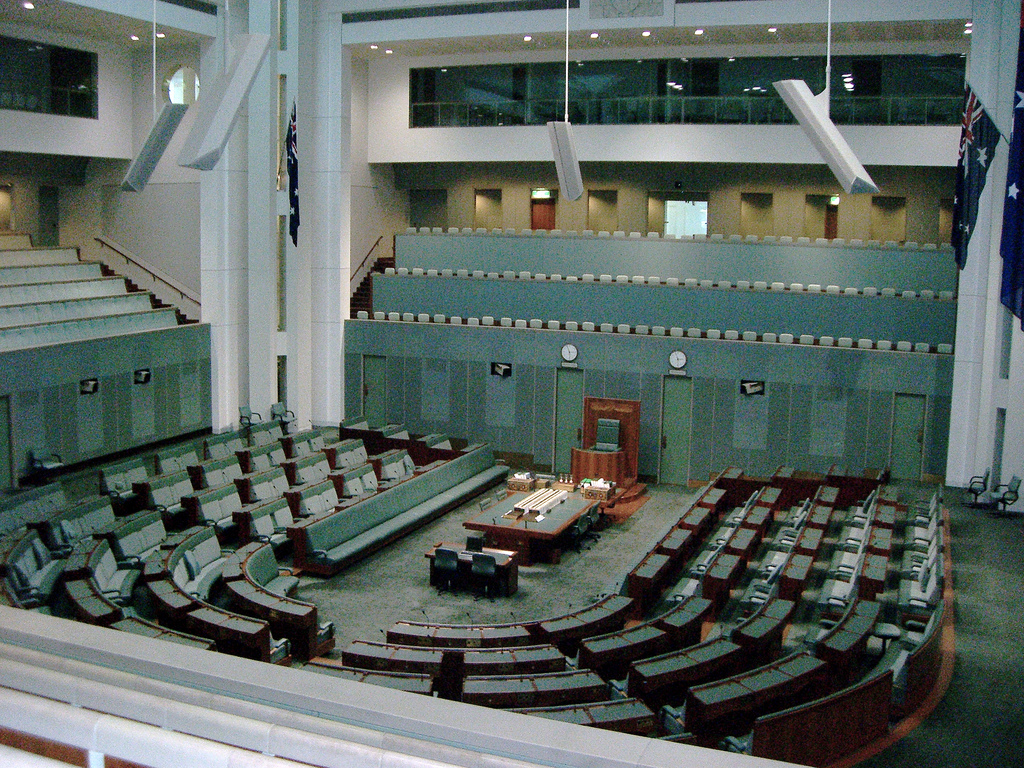
As Labor prepares to man the opposition benches, it has taken an experimental approach to choosing its next leader. Image: Between A Rock via Flickr
OPINION
Labor is at it again.
Hardly a minute has passed since the election and already there’s yet another leadership tussle. This time between self-confessed “Tory fighter” Anthony Albanese and everyone’s favourite “faceless man”, Bill Shorten.
But unlike the Gillard/Rudd fiasco that plagued the former government over the past six years, (and in which Shorten played a starring role) this contest is very much a good thing. For the Labor Party and our democracy more broadly, that is.
Why? Because it gives the party a chance to draw a line in the sand between what’s gone before and what comes next. And because it gives Labor members, who are an otherwise dwindling bunch, the opportunity to be directly involved in the most important decision a political party can make.
Critics of the new reforms, which were brought in during the final days of the Rudd’s second tenure, have come from everywhere.
Julia Gillard, for one, wrote in her lengthy (and otherwise excellent) essay in The Guardian Australia that the reforms were a cynical ploy from a prime minister desperate to cling to power.
That may be so, but the benefits of Rudd’s reforms – members now get a vote, and 60 percent of caucus must sign a petition before a leadership ballot is held – far outweigh the dubious reasons for their implementation.
Others, such as old Labor heavyweight Graham Richardson, say the contest will create more chaos and that Labor should stop talking about itself.
But while it’s fair to say the electorate is fed up with seeing Labor obsessing over its own internal struggles, the cost of not allowing an open and thorough discussion about the leadership would have far more disastrous effects.
Moreover, the best time to air opinions about the party’s direction is in opposition. And as early and far away from the next election as possible.
The third criticism of the new process, which has labelled an “experiment” by caucus members and the media, is that there aren’t going to be any policy differences between the candidates. Therefore, what’s the point?
It is true that Albanese and Shorten are likely to have similar policy approaches. Both will have certain areas that are “a focus”, but on the big questions – the NBN, Disability Care, pricing carbon – the differences will be negligible.
However, what they do have are wildly different public personas.
Albanese mightn’t like to think so, but as an Opposition Leader he could well be similar to – and as effective as – Tony Abbott. In government, Albo was an ideological battering ram: he likes “fighting Tories” and he’s from the Labor Left faction.
Shorten, on the other hand, is impeccably measured when he fronts the cameras. He has an earnest, sincere speaking voice and the ability to appear measured and thoughtful, even in the most extreme circumstances.
This will be a personality contest. But that’s not such a bad thing. For Labor members and its caucus, it’s an opportunity to decide how it wants to tackle the challenge of being in opposition.
More than that, it’s another chance for ordinary people to have their say in how their political party is run. You can’t knock that.
The ALP is not first party in the world to allow members to help elect its leader – the same happens in the UK and Canadian Labour parties. But it is the first in Australia. Hopefully it isn’t the last.
